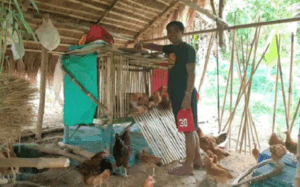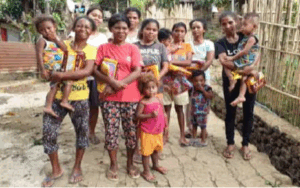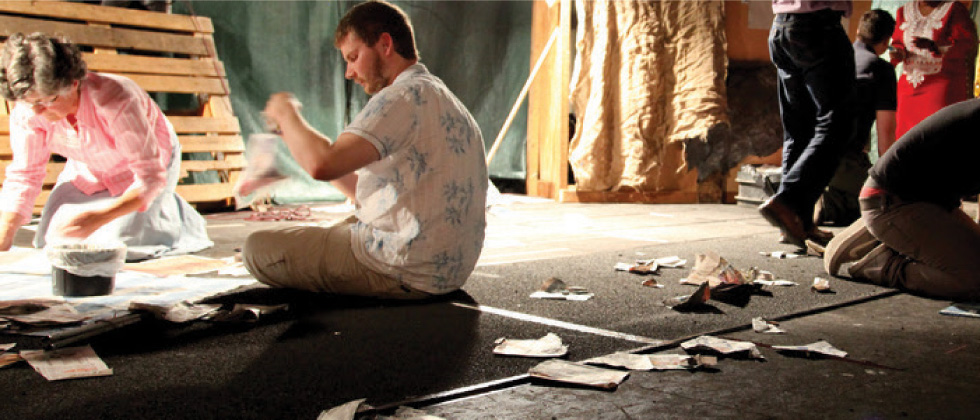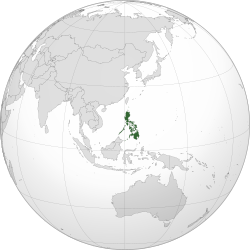Climate change and even volcanic eruptions are disrupting more and more lives in Philippines. Away from the city, a lack of roads, infrastructure, and schools means a severe disconnect from civilisation. More than one hundred native ethnic groups find themselves caught between two worlds. Do they keep their traditional ways and lands, or do they sacrifice them for education and job opportunities? These are the questions facing all these ethnic minorities.
Crossroads’ partners initially started listening to one tribal group in one small area and discovered that within five years a little focussed support brought major benefits to the entire community – they helped people access agricultural programmes already established by the government in other areas, provided literacy tutoring and advocated with the government for the tribe to have land management rights in their traditional homeland.
Crossroads now has the opportunity to assist our partners in furnishing and equipping their first residential skills training centre. To that end, this shipment will include commercial kitchen equipment, sewing fabrics, domestic and classroom furniture and homewares, computers, basic medical items and musical instruments.
It is a great joy to be able to assist in establishing this new project!
Our partner provided training and start-up loan of HK$2000 to Garces Domulot for a fish farm. Within two years he repaid the loan and still had more than $10,000 profit. This money has both provided for his family as well as money for three other families to start their own fish farms.
A group of indigenous women and children who have benefitted from our partner’s literacy programmes in Zambales. Most of the mothers were illiterate and they enjoyed sharing tutorial sessions with their children as a whole new world opened up to them through reading.

Bronson Romero started his poultry business with 25 chicks donated by our partner and his flock has increased to more than 100 birds. Sale of eggs and birds has improved nutrition and the general economy of his village, and now he helps people in other areas set up their own concerns.





